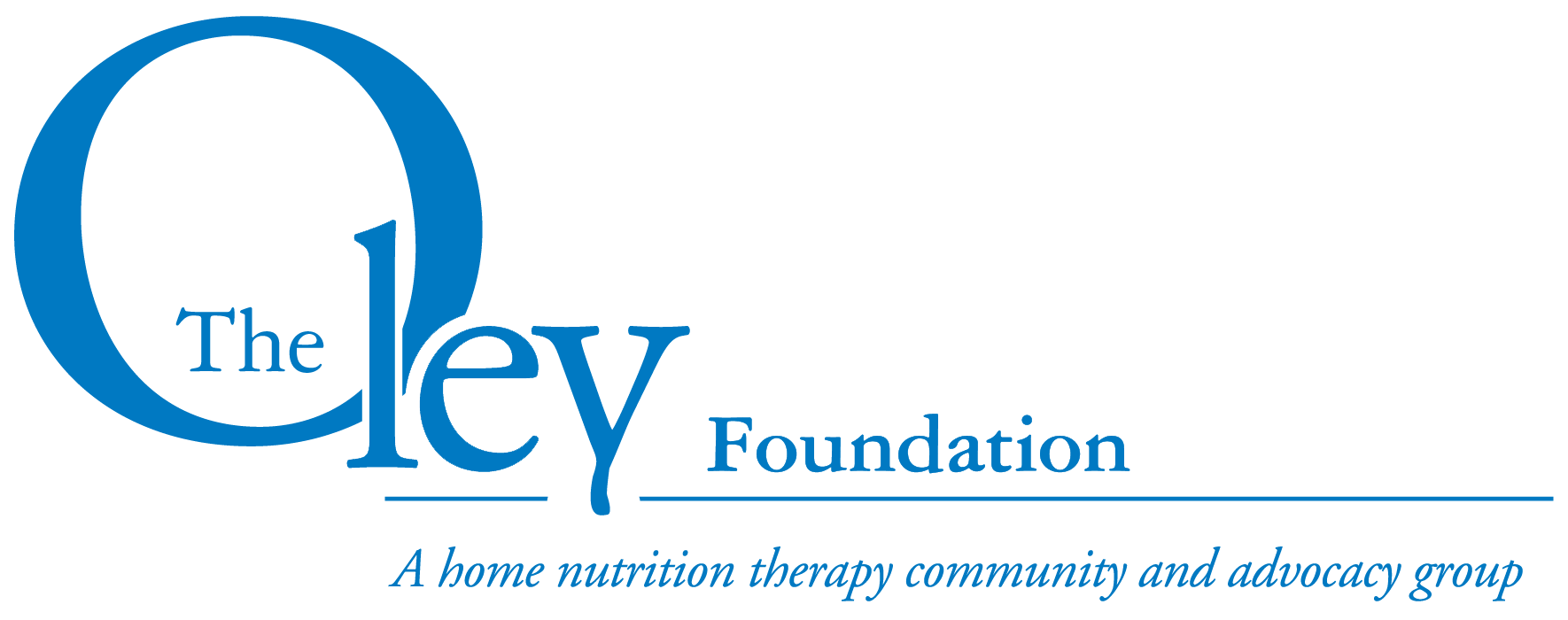Sessions Schedule
Two video-conferencing sessions a month
Every 1st and 2nd Tuesday of the month
1:00 – 2:00pm Eastern Time US
Virtual TeleECHO clinics will be available to anyone interested in participating. These free sessions are fully HIPAA-compliant and supported by Zoom. There are no prerequisites to join.

Please REGISTER to participate in LIFT-ECHO sessions
Upcoming Session
Feb10
Kidney Considerations in SBS
Expert: Dr. Maury Pinsk
Learning objectives for this presentation:
Recognize common kidney issues in SBS.
Identify risk factors for kidney injury in SBS.
Describe basic strategies to protect kidney function in SBS.
Mar10
Pediatric Intestinal Failure-Associated Liver Disease
Expert: Dr. Alexandra Carey
Learning objectives for this presentation:
Recognize key features of intestinal failure-associated liver disease (IFALD) in children.
Identify major risk factors for developing IFALD.
Describe basic strategies to prevent and manage IFALD in children.




